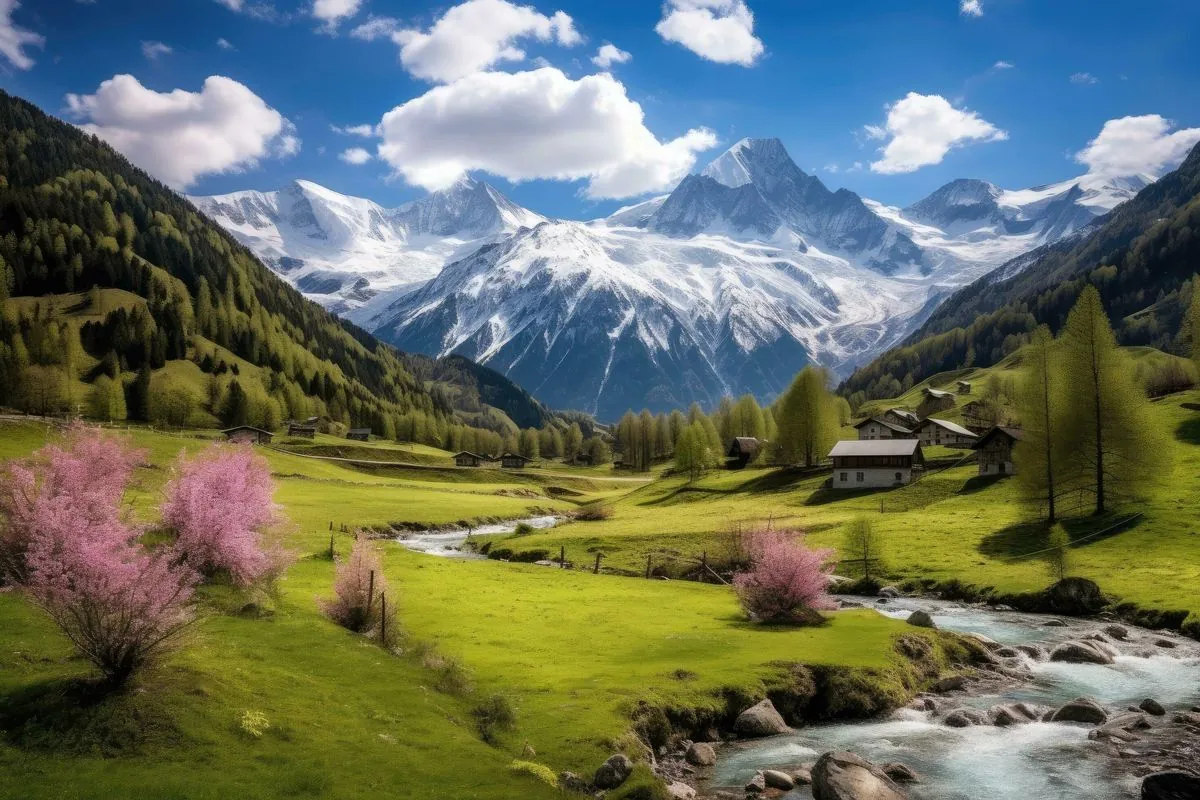In a recent display of Switzerland's renowned direct democracy system, citizens cast their votes on a significant environmental proposal. The referendum, held on September 22, 2024, focused on a biodiversity initiative aimed at bolstering the protection of natural habitats across the Alpine nation.
The initiative proposed amendments to existing laws, seeking to allocate additional land for conservation purposes beyond currently protected areas. This move was designed to address growing concerns over global biodiversity loss and enhance safeguards for endangered ecosystems in Switzerland, a country celebrated for its pristine lakes and majestic mountains.
However, preliminary results indicated a clear rejection of the proposal. Over 60% of voters opposed the initiative, with a majority of the country's 26 cantons also voting against it. This outcome reflects the complex balance Switzerland faces between environmental preservation and economic development.
The Swiss Green Party expressed disappointment with the referendum results. In a statement, the party emphasized the ongoing environmental challenges, noting that "a third of all species and half of all habitats in Switzerland are under threat." They stressed that these issues would persist regardless of the vote's outcome, underscoring the need for continued environmental action.
Opponents of the initiative, including the country's primary farming lobby, argued that the proposal was too extreme and could potentially hinder business development. They contended that Switzerland's current legislative framework already adequately addresses conservation needs.
This referendum comes in the wake of a ruling earlier this year by Europe's top human rights court, which determined that Switzerland was not taking sufficient action to mitigate the impacts of climate change. The Swiss government, however, disputes this assessment.
"While we acknowledge the importance of environmental protection, we believe our current policies strike a balance between conservation and sustainable development."
Switzerland's commitment to environmental issues is evident in its numerous conservation efforts. The country boasts over 1,500 lakes, making it one of Europe's most water-rich nations. Additionally, the Swiss Alps, covering about 60% of the country's total surface area, play a crucial role in the nation's ecosystem and are a focus of many preservation initiatives.
The referendum outcome highlights the ongoing debate between environmental protection and economic interests, a challenge faced not only by Switzerland but by nations worldwide. As a global leader in innovation and competitiveness, Switzerland continues to grapple with balancing its strong environmental policies with its economic aspirations.
Despite the rejection of this specific initiative, Switzerland remains committed to its environmental responsibilities. The country is known for its high recycling rates and continues to explore ways to maintain its natural beauty while supporting its robust economy. As the world watches, Switzerland's approach to these challenges may offer valuable insights into the complex relationship between conservation and development in the 21st century.
